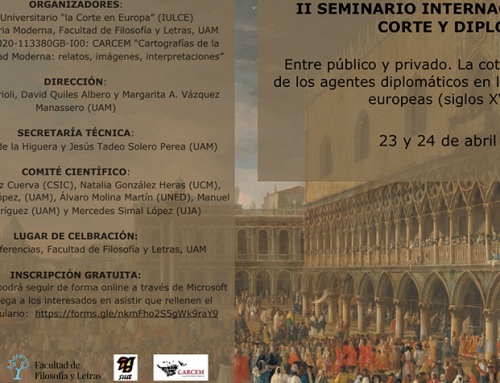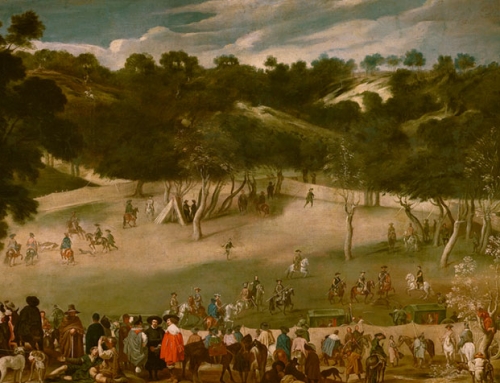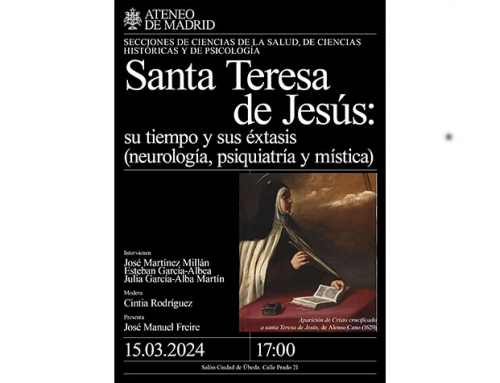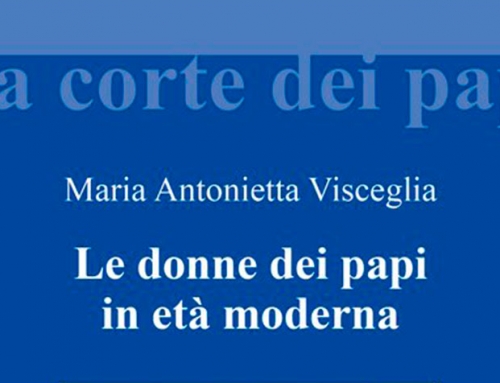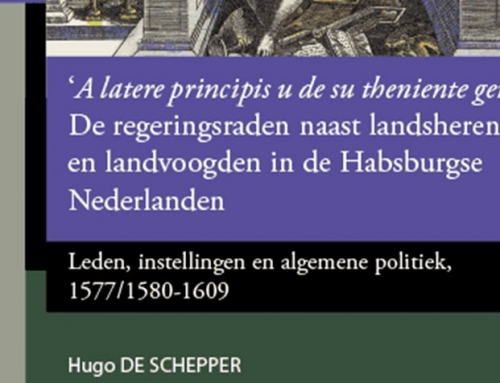Congreso
Court culture exchanges between the Iberian Peninsula and the Habsburg Netherlands (XVth – XVIth Centuries)
ARANJUEZ, 25-27 October 2023
During the fifteenth century, the Dukes of Burgundy maintained numerous ties and staged frequent encounters with representatives of the Hispanic kingdoms across a range of cultural and political contexts. As a result a reciprocal cultural bond evolved between the court cultures of these two geographical areas. This initial phase of contact was enabled by the rise to power of Mary of Burgundy and Maximilian I of Habsburg in the Netherlands: it was stipulated that their heirs should marry those of the kings of Castile and Aragon. As a result, the marriage of Mary and Maximilian led to the emergence of a powerful composite monarchy during the second decade of the sixteenth century, one that comprised a set of distinct administrative and legal systems. It was overlaid with a coherent court ritual, combining aspects derived from both the Netherlands and Iberia, as well as the other territories that made up the Hispanic Monarchy. As a result, throughout the sixteenth century the Low Countries became one of the principal cultural centres within this monarchy, and there were frequent cultural exchanges between the Netherlandish court—firstly in Mechelen, and then in Brussels—and the monarchy’s central court.
The aim of this conference is to analyse the cultural relationships between the evolved between Iberian and the Netherlandish courts during the late fifteenth century and on throughout the sixteenth century, in order to develop a deeper understanding of the diverse forms of cultural impact that resulted, and their consequences for interaction between these regions. By taking an interdisciplinary methodological focus, embracing the latest research by historians, art historians and architectural historians, this scholarly event seeks to engage with the recent academic debate and research on the social phenomenon of cultural reciprocity. For this purpose, the conference seeks to analyse issues related to ceremonial, ritual, court structures, diplomacy, the visual arts and social relations, and likewise offer a deeper understanding of the mechanics of court culture, and the deployment of visual culture to promote Habsburg universalism across a range of European territories.
Información de interés
Hybrid Conference (Live and Microsoft Teams).
Previous inscription required Here


